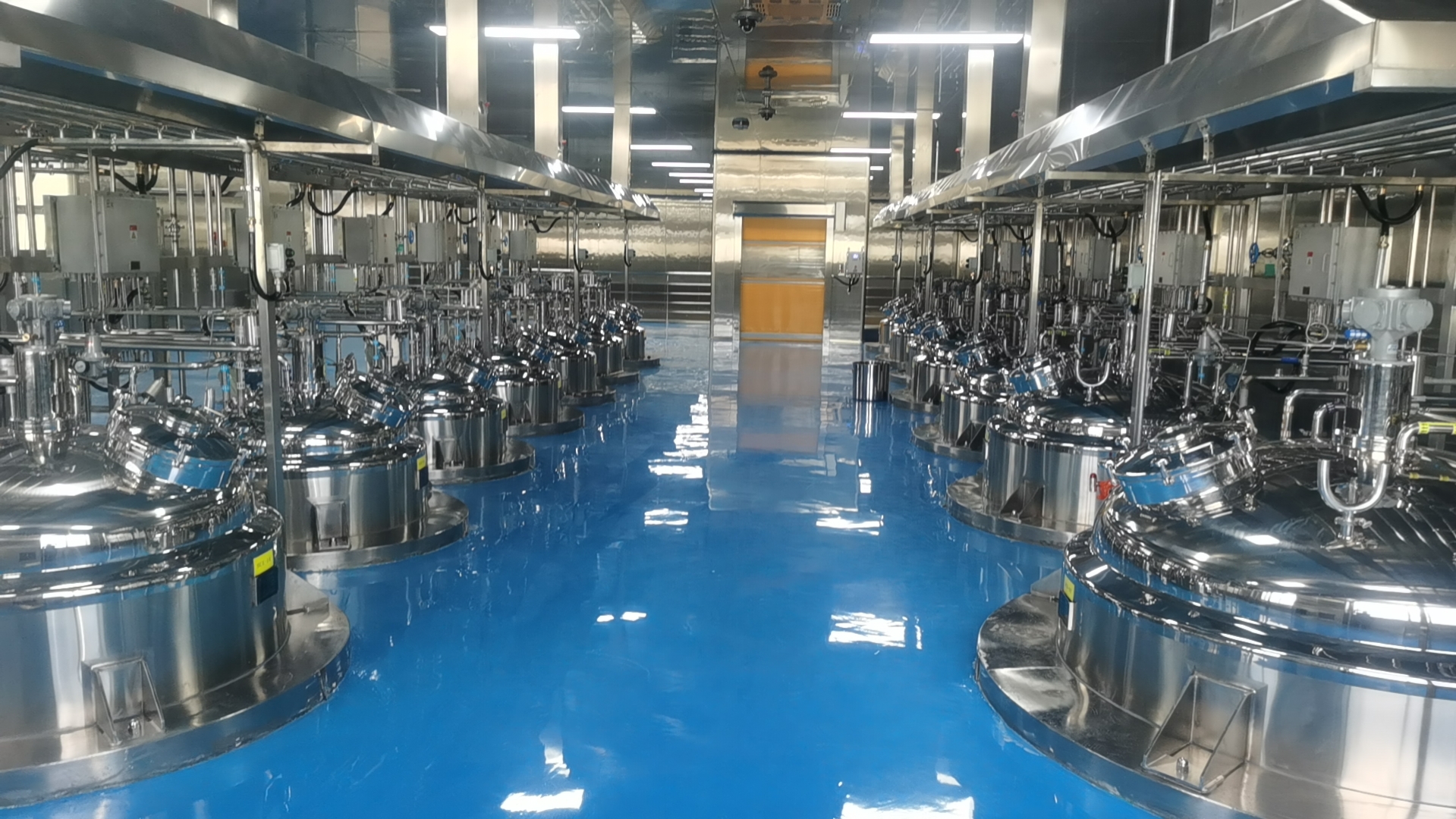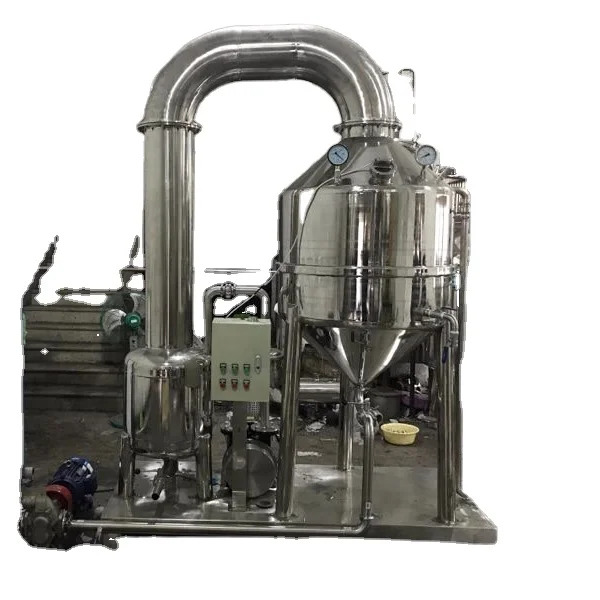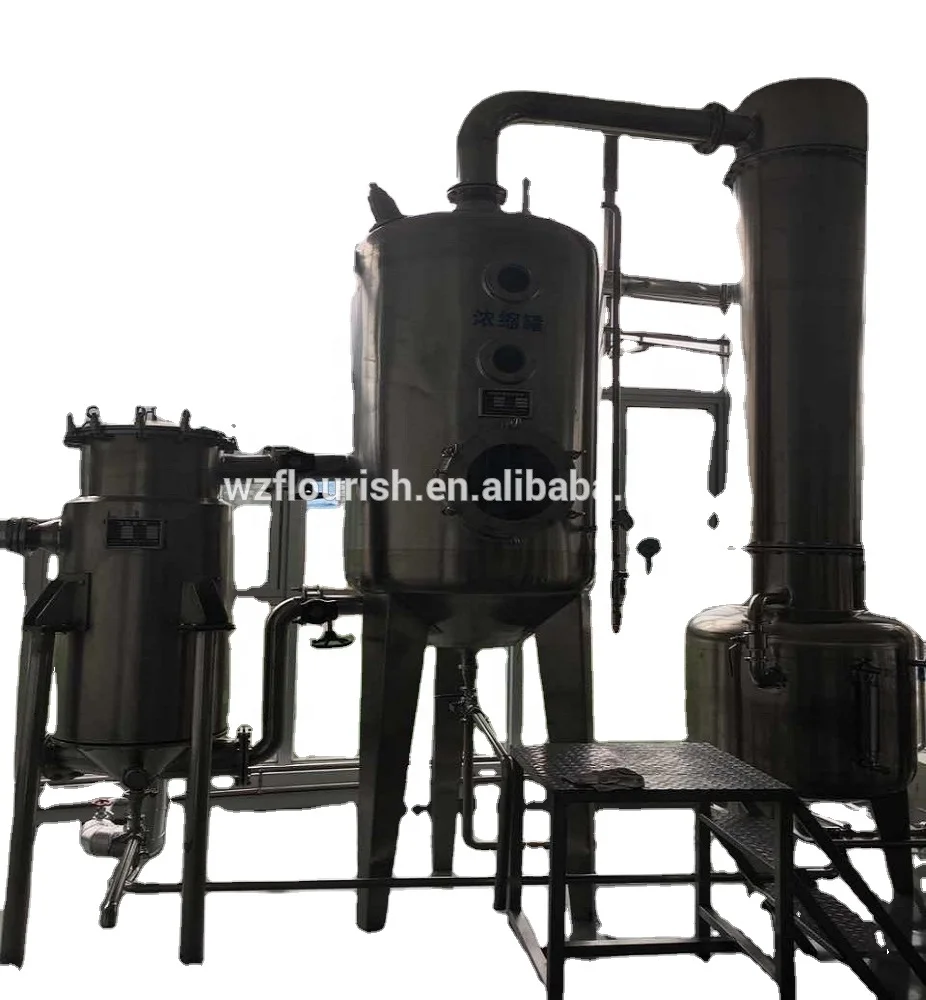
ABOUT
Wenzhou Vince Machinery Science Co., Ltd. was established in early 1980s. Our company covers an area of 6500 square meters and is an independent legal representative firm, possessing rich economic technology strength. Our company is a high tech enterprise and plays an important role in national dairy, foodstuff, pharmacy and machinery industries. We are a beverage machinery supplier.
Since the establishment, our company has mainly engaged in dairy products, foodstuff, beverage machinery, bean products, yellow wine, medicines and fermentation projects. What's more, our company supplies a complete sequence services in manufacturing, installation, test and personnel train, as well as the whole direction service design and consulting service on product project construction or enlargement artistic distribution engineering sets budget.
The Promise of Fermentation Tanks in Food Preservation
For millennia, humans have relied on fermentation to preserve food and enhance its flavor. This age-old practice, often involving bacteria, yeast, and other microorganisms, transforms ingredients into unique, shelf-stable products. Today, the ancient art of fermentation is experiencing a renaissance, particularly in the realm of large-scale food production. At the heart of this revival lie fermentation tanks, sophisticated vessels that unlock the potential for efficient, controlled, and scalable fermentation processes. The promise of fermentation tanks lies in their ability to revolutionize food preservation, expanding accessibility and enhancing the quality of a vast array of food products.
Enhanced Flavor and Nutritional Value
Fermentation's magic lies in the biochemical changes it orchestrates within food. Microorganisms break down complex sugars and starches, converting them into simpler compounds, like lactic acid and ethanol. These processes not only extend shelf life but also contribute to the development of desirable flavors, aromas, and textures. For instance, the distinctive tanginess of yogurt, the complexity of sourdough bread, and the umami depth of soy sauce are all hallmarks of fermentation. Beyond taste, fermentation can increase the nutritional value of food. The breakdown of complex molecules enhances the bioavailability of certain nutrients, making them easier for the body to absorb. This is particularly notable in fermented dairy products, where the fermentation process enhances vitamin B12 content.
Controlled Environments for Consistent Results
Traditional fermentation methods, often relying on open containers or rudimentary equipment, can be unpredictable. Factors like temperature, humidity, and contamination risk can significantly influence the fermentation process, leading to inconsistent results. Fermentation tanks address this challenge by providing controlled environments. With precise temperature regulation, oxygen control, and sterile conditions, these tanks ensure a consistent and reliable fermentation process. This control translates to predictable outcomes, enabling food producers to consistently deliver high-quality products that meet specific flavor profiles and quality standards.
Scalability and Efficiency
Fermentation tanks are designed for scalability, allowing food producers to dramatically increase production volumes while maintaining quality and consistency. This is particularly crucial for meeting the demands of a growing global population. Large-scale fermentation tanks enable efficient processing, reducing labor costs and minimizing waste. Moreover, the controlled environment within these tanks allows for optimized fermentation times, accelerating production cycles and enhancing overall efficiency. The ability to scale up production efficiently opens up possibilities for wider market access and increased affordability of fermented foods.
Expanding the Frontiers of Fermentation
Beyond traditional fermented foods, fermentation tanks are paving the way for novel applications in the food industry. They are being utilized for the production of plant-based meat alternatives, using fermentation to replicate the texture and flavor of animal-based proteins. Fermentation is also being explored for the creation of innovative ingredients and functional foods, like fermented nut butters with enhanced nutritional profiles. The versatility of fermentation tanks, coupled with ongoing research and development, is driving a wave of innovation in the food industry, creating opportunities for exciting new products and sustainable food solutions.
In conclusion, fermentation tanks represent a significant advancement in food preservation, harnessing the power of microorganisms to enhance flavor, nutrition, and sustainability. By offering precise control, scalability, and efficiency, these vessels empower food producers to deliver high-quality fermented foods that meet the evolving needs of consumers. As research continues to explore the vast potential of fermentation, the promise of fermentation tanks is poised to reshape the future of food production, unlocking exciting possibilities for innovation, flavor, and health.
SUBSCRIBE
INQUIRY





